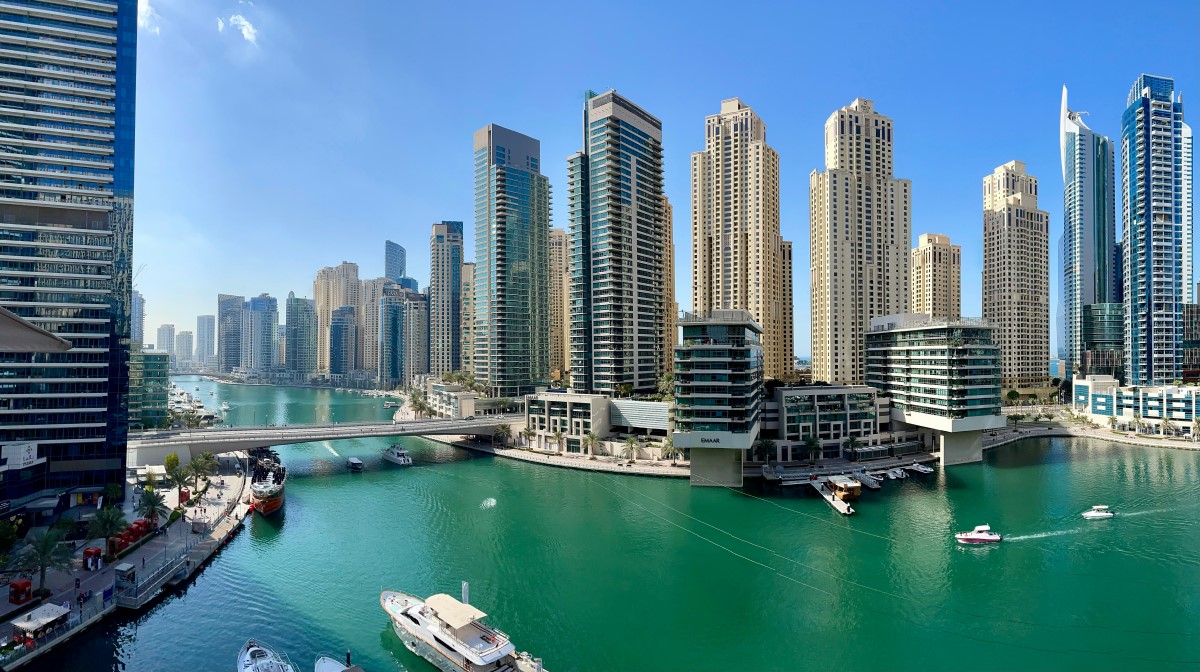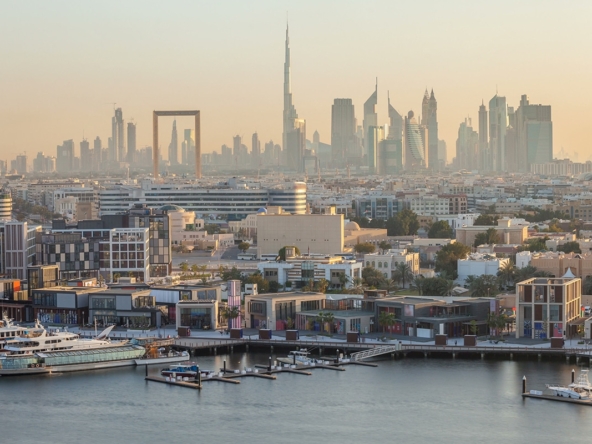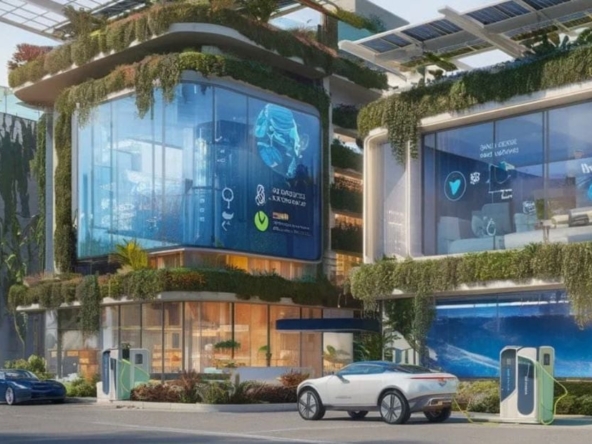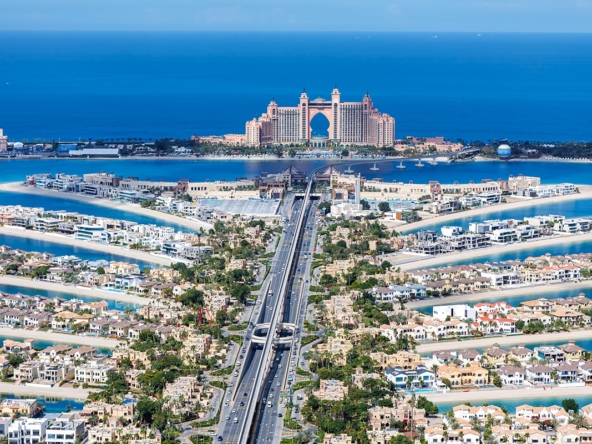In recent years, the global focus on luxury real estate has impacted the urban dynamics in many cities. High-end developments brought higher land prices, higher construction costs, and higher prices for housing in addition to increasing gentrification.
While such schemes may offer economic growth and possible improvement of the infrastructure that often comes with it, they can also bring significant social and financial stresses for the wider population if governments fail to put appropriate measures in place to handle their impact.
We have witnessed in many countries where a significant portion of the population are economically disadvantaged or falls under the mid- to low-income group, developers prioritise luxury real estate as a lucrative source of profit.
However, this focus often comes at the expense of addressing the needs of those struggling financially. Governments, in some cases, inadvertently support these developments, exacerbating the social and economic challenges faced by the broader population.
While some governments have recognised the negative effects and implemented corrective measures, others have yet to fully grasp the long-term impact of this trend.
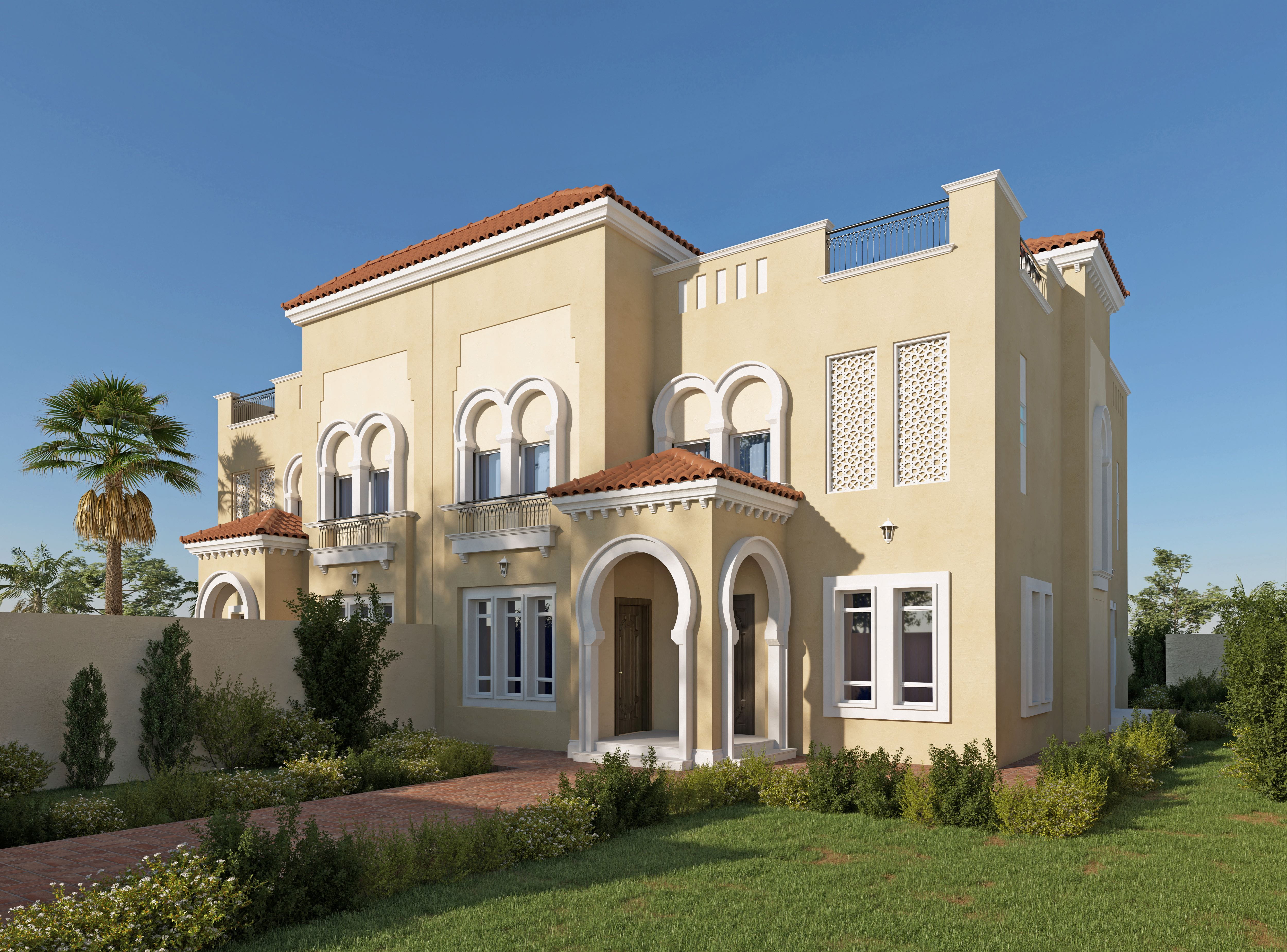
Luxury urbanisation and sustainable growth: The Dubai model
Urbanisation seems to have been positively advanced with the growth in the market of luxury houses in developed major cities.
A city such as Dubai provides an ultimate case, presently adhering to a housing market that consists of both luxurious and mid-range properties.
Given the fairly small local population, it manages to maintain balance from granting citizenship along with free land and advanced infrastructure along with long-term self-constructive interest-free financing, therefore protecting the local population from market trends.
Dubai, in my view, has shown a sustainable development coupled with community stability, but this model fits the demographic and economic conditions of the city and cannot necessarily be replicated elsewhere.
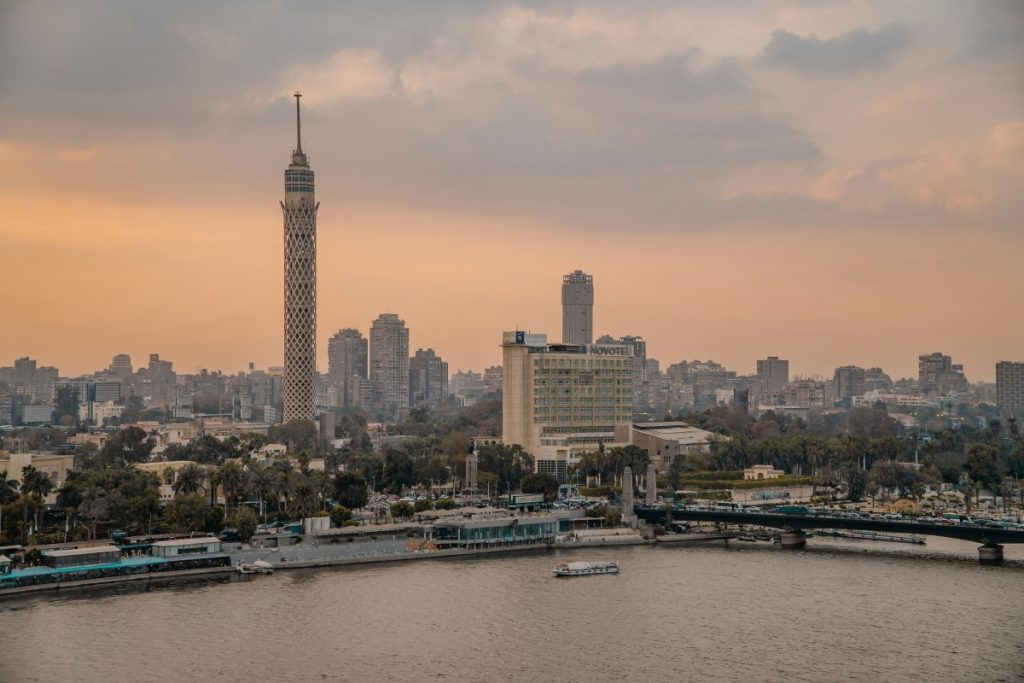
Luxury real estate and social inequality: Egypt’s housing dilemma
As in the case of Egypt, the most recent pattern has been investment in housing catering to the rich elite, which barely occupies 4% of the Egyptian population.
The economy in Egypt has been suffering for so many other reasons, but the recent focus of luxury development has additionally increased the construction cost for housing and land, becoming inflated even more to levels unachievable to many Egyptians by any standard.
This has led to growing social tensions as the gap between the wealthy elite and lower income group in Egypt becomes bigger.
Historically, the cities of Egypt, including Cairo, were built for the entire society with a diverse economy that is reflected in the city masterplan.
Unlike the Gulf countries, where economies other than oil rely with a big portion on real estate and construction, Egypt did not traditionally focus its economy on real estate alone.
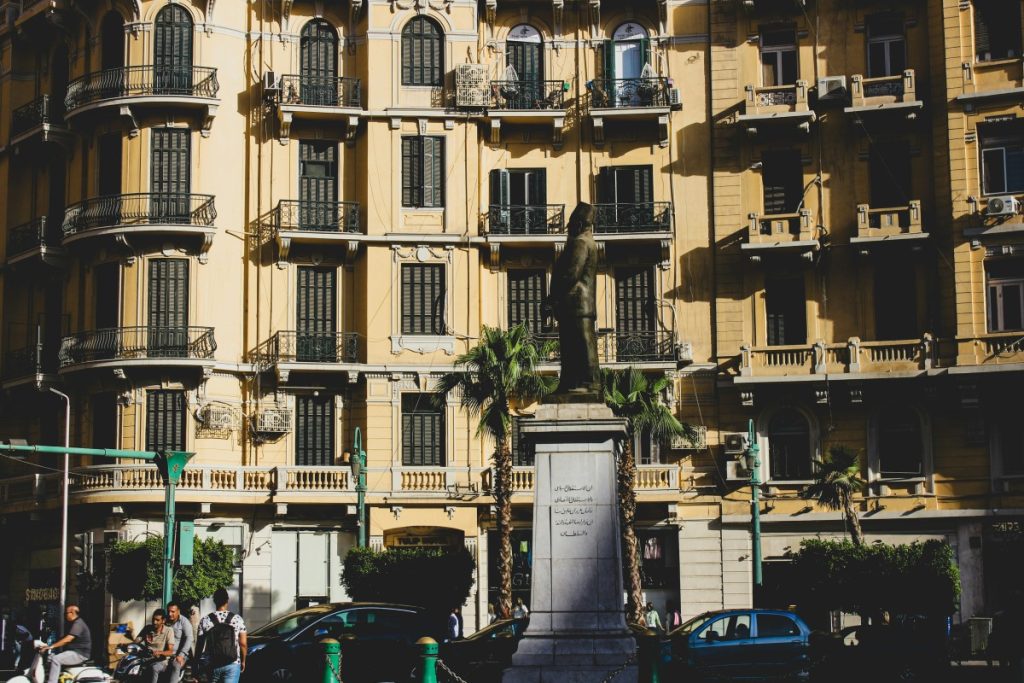
However, the recent real estate boom, driven by a select group of developers, has shifted the focus in Egypt toward luxury developments.
As a result, once-affordable neighbourhoods have transformed into exclusive, high-priced communities.
Aside from the fact of their negative impact on cities, the increase of gated communities situated on both the East and West side of Cairo discriminate against the average Egyptian population further, pushing the costs of homes through the roof and beyond many people’s ability to buy a house.
Moreover, the concentration of luxury properties and economic opportunities in major cities has triggered internal migration, placing additional strain on city infrastructure.
This imbalance has pushed the growth of informal settlements, where millions of Egyptians now live without adequate infrastructure or access to essential services.
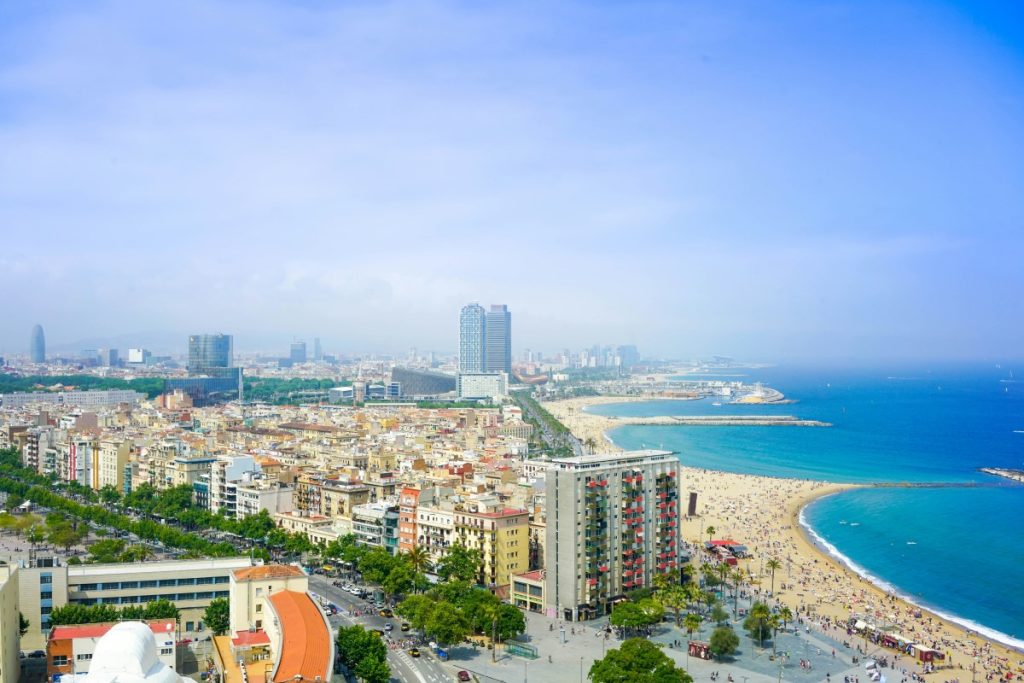
From investment to inflation: Navigating housing markets in Portugal and Barcelona
Countries such as Portugal and Spain have faced similar challenges with luxury developments.
The country’s Golden Visa programme, which allowed foreign investors to obtain residency through real estate investments, has injected over $8 billion into the housing market.
While this influx of capital stimulated the economy, it also contributed to housing inflation and gentrification.
In response, the Portuguese government has shifted the programme’s focus to other sectors, such as investment funds, scientific research, and job creation, in an effort to balance economic growth with social equity.
In Barcelona, the influx of tourists has caused tensions among locals, who are increasingly priced out of the housing market. Rising demand for short-term rentals has driven up property prices, forcing many residents to relocate and sparking protests across the city.
The impact of upscale developments on Riyadh’s housing affordability
Similar to its peers, Riyadh, as a growing city, is gradually increasing its share of high-end real estate, but the needs of the local citizens must not be overlooked.
The rapid construction of high-end real estate is leading to an increase in land and housing prices, which are becoming unaffordable for most locals.
The government’s housing programme’s goals are to create 3.5 million homes for the middle and lower class, but rising demand from international investors and the focus on high-end real estate will raise construction costs, leaving little space for affordable housing.
Investment in upscale property development has cluttered the gentrifying neighbourhoods of Jenadriyah in Riyadh, which is becoming a surprising trend as land prices have spiked over the last couple of years.
For example, land priced at below $100 per square metre two years ago has recently increased significantly towards the mark of $550 per square metre, which implies that most development projects may not match the cash flow of the general population.
The need for balanced development
Cities like Cairo, Lisbon, and Barcelona demonstrate the importance of balanced urban development. Gentrification and exclusion of economically disadvantaged population from neighbourhoods can be avoided if the government ensures provision of affordable housing to all segments within the society.
At the same time, while high-end housing can be profitable and attract foreign capital, policies must be introduced to ensure equal access to housing of various social groups.
Cities can learn from each other’s successes and challenges, tailoring their urban development strategies to meet the specific needs of their residents.
Luxury developments should coexist with affordable housing solutions to create cities that are not only economically prosperous, but also socially equitable.
Source Link…

